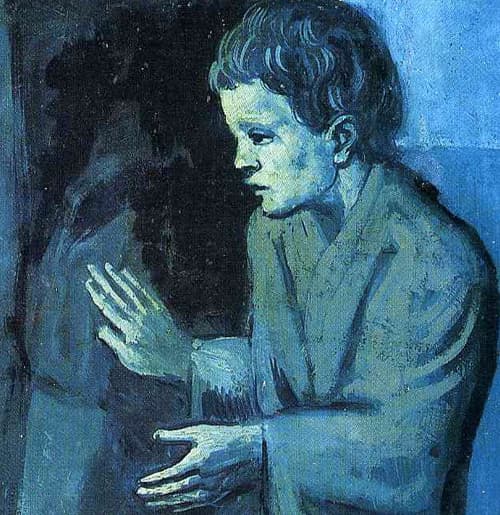Elizabeth Marquardt,
Between Two Worlds: The Inner Lives of Children of Divorce
(Crown Publishers, 2005).
Philosopher Robert Spaemann has called the human person "an animal that can promise and forgive." In the free decision that is a promise, a person makes a commitment that signifies his transcendence over his passing wishes and gives form and stability to his relationships; this commitment is at once a bond and a generative élan. Marriage is a privileged - and today, endangered - form of promising. In response to a love that neither could have created, a man and a woman do create something new through their free exchange of vows. The order their promise establishes, and will have to confirm again and again, is what we call a home, the most basic place of human flourishing.
What becomes of a home, and the persons who are to flourish within it, when the promise that established it is abandoned?
This question is brought into focus by Elizabeth Marquardt's Between Two Worlds, which is based on the first nationally representative survey of young adults from divorced families. Herself a child of divorced parents, each of whom continued in separate ways to love and care for her, Marquardt's own experience made her skeptical of the "happy talk" of experts who accept and even contribute to the normalization of divorce, contenting themselves with suggesting paths to a "good divorce," if divorce you must. Her study, which balances personal interviews with analysis of survey data, focuses on best-case-scenario divorces-amicable separations in which the children maintained contact with both parents into adulthood-and concludes that any divorce radically restructures childhood. The intentions, efforts, even cooperation of the separating parents do not suffice to restore what is lost to their children when they give up on their marriage.
The strength of the book is Marquardt's strong sense that structures bear meaning: in particular, her conviction that marriage is an institution that transcends the will of the spouses, and that children's development depends upon their parents' marriage (the very fact of it, quite apart from whether the spouses are satisfied with their relationship). The decision to marry, for her, is a decision to undertake the demanding and ongoing work of making one "world" out of the individual worlds of the two spouses. The work of forging the unity of a home, a hospitable space for the maturation of its inhabitants, is normally invisible to children, whose ability to explore and develop both within and outside of the home depends upon the stability and security of their parents' "united front." In divorce, the work of creating a unity of meaning in which a child can come to maturity does not disappear. Rather, as Marquardt argues, there is a role reversal: the parents abdicate their task, and the child - now "between two worlds" - is compelled to take it up.
Marquardt emphasizes what ought to be obvious, but what our culture is reluctant to acknowledge: that children are not cognitively, morally, or emotionally equipped to do such work as even adults have found too difficult. Moreover, what they lose through divorce is precisely the foundation of their development. The vow of marriage is supposed to make spouses the guardians of love; the irrevocability of their promise is supposed to place that love beyond the realm of mere choice. The first lesson of divorce to children, by contrast, is that differences can be resolved by making the relationship optional, as Marquardt points out. But a child is his parents' relationship personified, and divorce thus calls his identity fundamentally into question. The stories of this book show vividly that, in consequence of their parents' option to exit the spousal relationship, children of divorce become "little adults," "early moral forgers," and "child-sized old souls" as they are confronted with innumerable new options in order to maintain a transformed relation with each parent. Too early, these children must decide for themselves what to believe and whom to trust, as their parents' worlds increasingly diverge. An intact home itself, quite apart from more explicit efforts by the parents, educates a child by grounding his identity in their unity; divorce, too, educates - by calling much a child relies on implicitly into question.
Marquardt's argument is clearly elaborated, well-reasoned, and amply illustrated. She examines the meaning of divorce without bitterness, in order to cast light on a suffering that is too often swept under the rug by a society that has favored adults' rights over children's well-being. Her stories and her judgments offer a picture of the human heart that deserves further reflection. And her study gives evidence for Spaemann's insight: what children need most, she says, is to witness daily their parents' commitment to love and forgive each other as they forge a single world for their family.
Lesley Rice is an assistant professor at the John Paul II Institute for Studies in Marriage and Family in Washington, DC.



